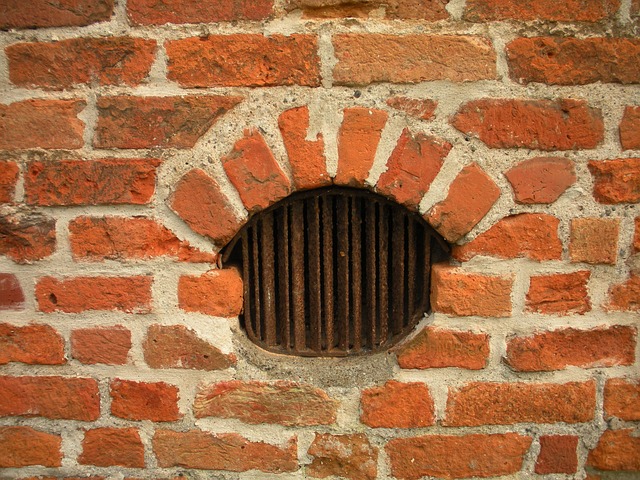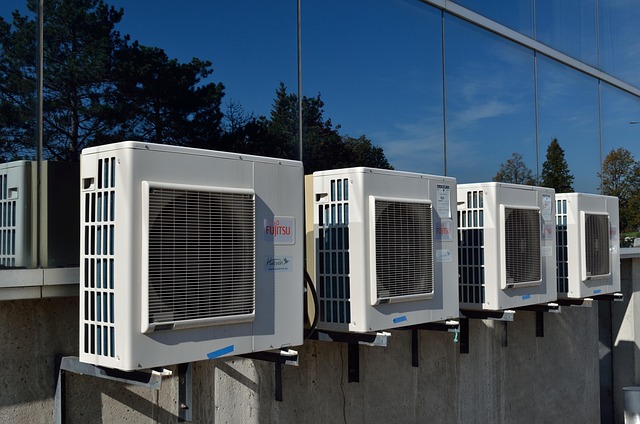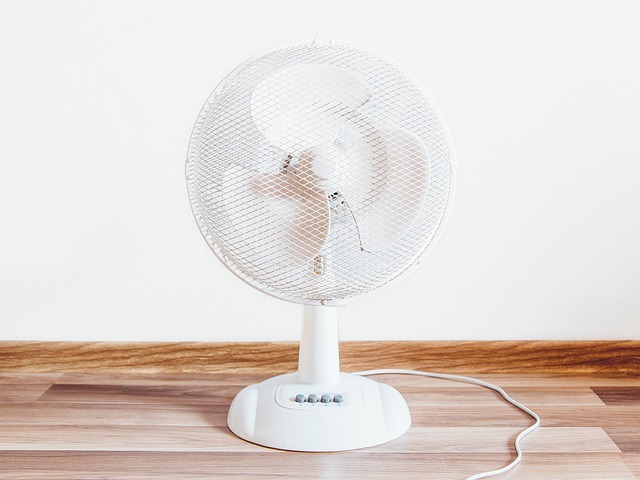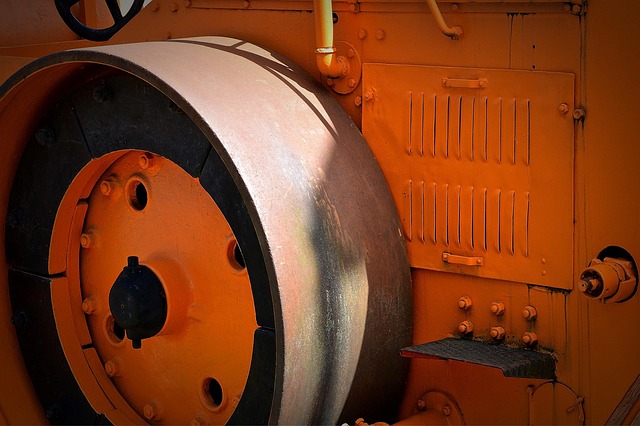Office spaces are prone to mold growth due to damp and dark conditions caused by leaks, poor ventilation, and high indoor moisture. Regular cleaning and maintenance are crucial. HEPA filters (capturing 0.3 micron particles) significantly reduce airborne mold spores when used with efficient HVAC systems. Proper filtration, ventilation, regular filter changes, and quick remediation of water issues prevent health risks, improve air quality, and save costs. The best HVAC filters for mold, rated MERV 13 or higher, capture fine particles like mold spores, ensuring a healthier workplace.
Office buildings, with their enclosed spaces and fluctuating environments, can breed ideal conditions for mold growth, posing significant health risks to occupants. This article delves into the intricate relationship between mold proliferation and air pollution within office settings, exploring strategies to mitigate these concerns. We examine the science behind mold development in offices, dissecting the role of HVAC systems in either exacerbating or controlling indoor air quality. Furthermore, we highlight the significance of selecting the best HVAC filters for mold removal, offering practical solutions for a healthier workplace.
- Understanding Mold Growth in Office Spaces
- The Role of HVAC Systems and Air Quality
- Best Filters to Combat Mold and Pollution
- Strategies for Maintaining Healthy Indoor Air
Understanding Mold Growth in Office Spaces
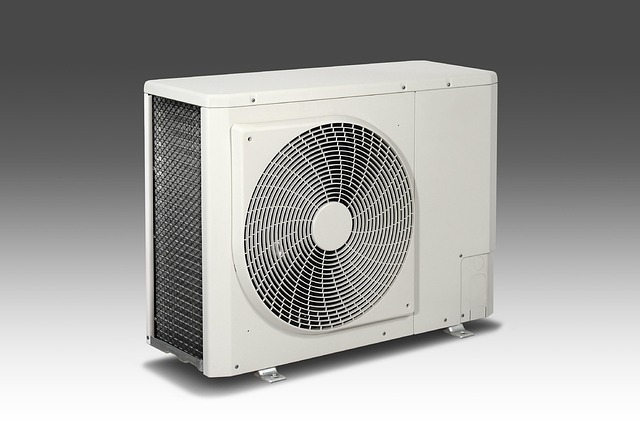
Understanding Mold Growth in Office Spaces
Mold thrives in dark, damp environments, making office buildings an ideal breeding ground if humidity isn’t properly controlled. Leaks from pipes or windows, poor ventilation systems, and high indoor moisture levels can all contribute to the development of mold. Regular cleaning and maintenance are crucial, especially in areas prone to water intrusion like bathrooms and kitchens. Additionally, using high-efficiency particulate air (HEPA) filters in HVAC systems can significantly reduce airborne mold spores.
The best HVAC filters for mold are designed to trap microscopic particles as small as 0.3 microns, including mold spores, dust, and allergens. These advanced filters work in conjunction with efficient ventilation strategies to maintain optimal indoor air quality. By mitigating mold growth, these measures not only improve the health and comfort of office occupants but also prevent costly repairs and legal issues associated with water damage and poor air quality.
The Role of HVAC Systems and Air Quality
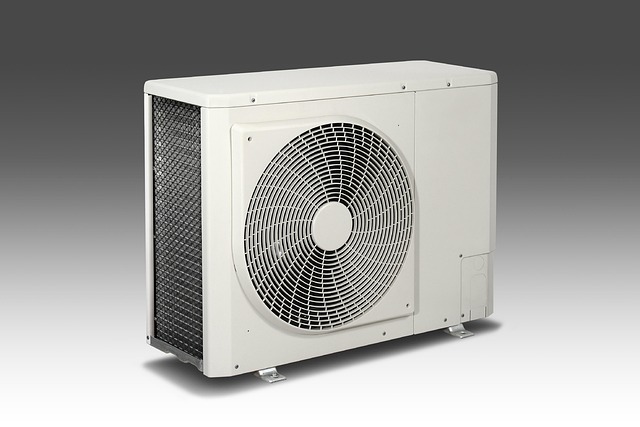
HVAC (Heating, Ventilation, and Air Conditioning) systems play a critical role in maintaining optimal air quality within office buildings. Proper ventilation is essential to ensure indoor air is regularly refreshed and filtered, especially in spaces with high occupancy. These systems act as a protective barrier against various pollutants and contaminants, including mold spores. The best HVAC filters for mold are designed to capture these microscopic particles, preventing their circulation in the indoor environment.
By implementing high-efficiency particulate air (HEPA) filters in HVAC units, office buildings can significantly reduce the risk of mold growth and associated health issues. HEPA filters trap a minimum of 99.97% of particles as small as 0.3 microns, effectively removing mold spores, dust, pet dander, and other allergens from the air stream. Regular maintenance and replacement of these filters are vital to ensure their continued efficiency in mitigating air pollution risks and promoting a healthier workplace.
Best Filters to Combat Mold and Pollution
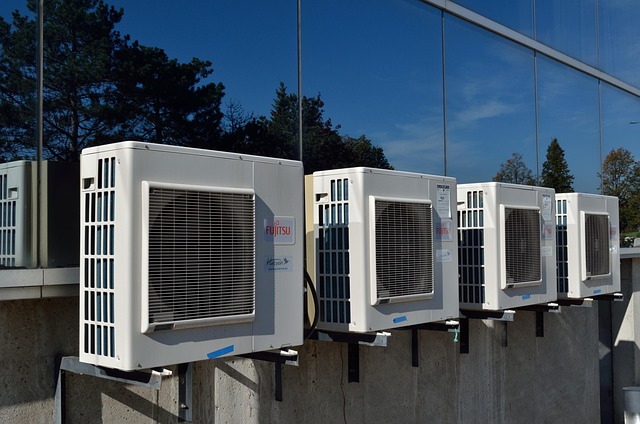
When it comes to addressing both air pollution and mold concerns in office buildings, investing in high-quality HVAC (Heating, Ventilation, and Air Conditioning) filters is a strategic move. The best HVAC filters for mold are designed to capture not only common airborne pollutants but also microscopic elements like mold spores, dust mites, and pet dander. These top-tier filters often feature advanced media compositions, including carbon, fiberglass, or electrostatic charges, which trap allergens and contaminants effectively.
For optimal results, consider replacement filters with a Minimum Efficiency Reporting Value (MERV) rating of 13 or higher. Such filters are capable of capturing particles as small as 0.3 microns, ensuring a significant reduction in indoor air pollutants, including mold, which can proliferate in damp and poorly ventilated spaces. Regular filter changes, guided by manufacturer recommendations, will maintain the efficiency of your HVAC system while promoting healthier working environments.
Strategies for Maintaining Healthy Indoor Air

Maintaining healthy indoor air in office buildings is a multifaceted challenge, especially with concerns about mold growth and air pollution. One of the key strategies involves implementing high-efficiency particulate air (HEPA) filters in HVAC systems. These best HVAC filters for mold capture not only common allergens but also microscopic mold spores, preventing their circulation within the workspace. Regular filter maintenance and replacement are crucial to ensure their continued effectiveness.
Additionally, proper ventilation is essential. Adequate fresh air intake dilutes indoor pollutants and reduces moisture levels, which hinder mold growth. Employing energy-efficient ventilation systems that maximize airflow while minimizing heat loss can create a healthier environment. Regular inspections and prompt remediation of any water leaks or sources of high humidity are also critical measures to prevent mold proliferation and associated health risks.
